Can You Recycle Styrofoam?
This is a common question, and many well-intentioned folks toss their Styrofoam food containers into their curbside recycling bins. However, this is not the right course of action for many reasons. So is Styrofoam recyclable? The short answer is…sometimes. While Styrofoam, otherwise known as polystyrene, is accepted at a few recycling facilities, this isn’t the case for most municipal recycling centers. Plastic #6/Styrofoam itself is challenging to recycle, adding to the issue most household Styrofoam is contaminated with food and oils making it unable to be recycled.
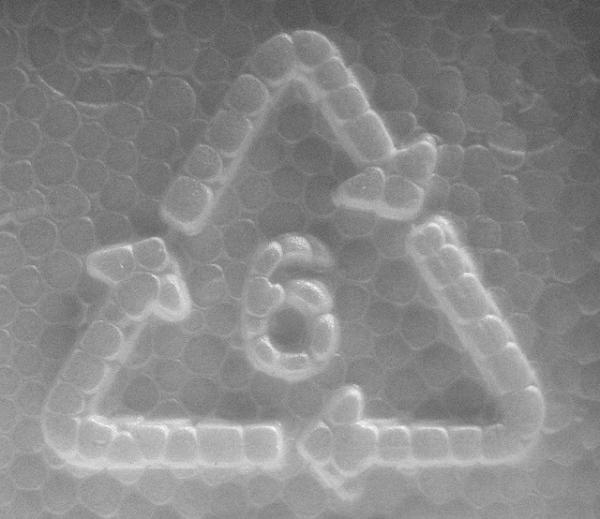
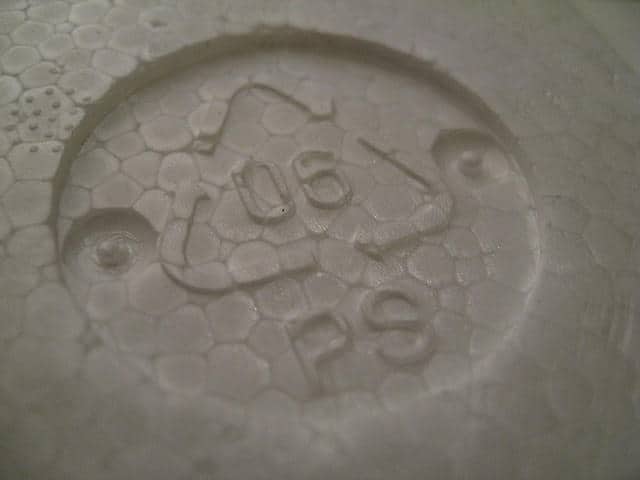
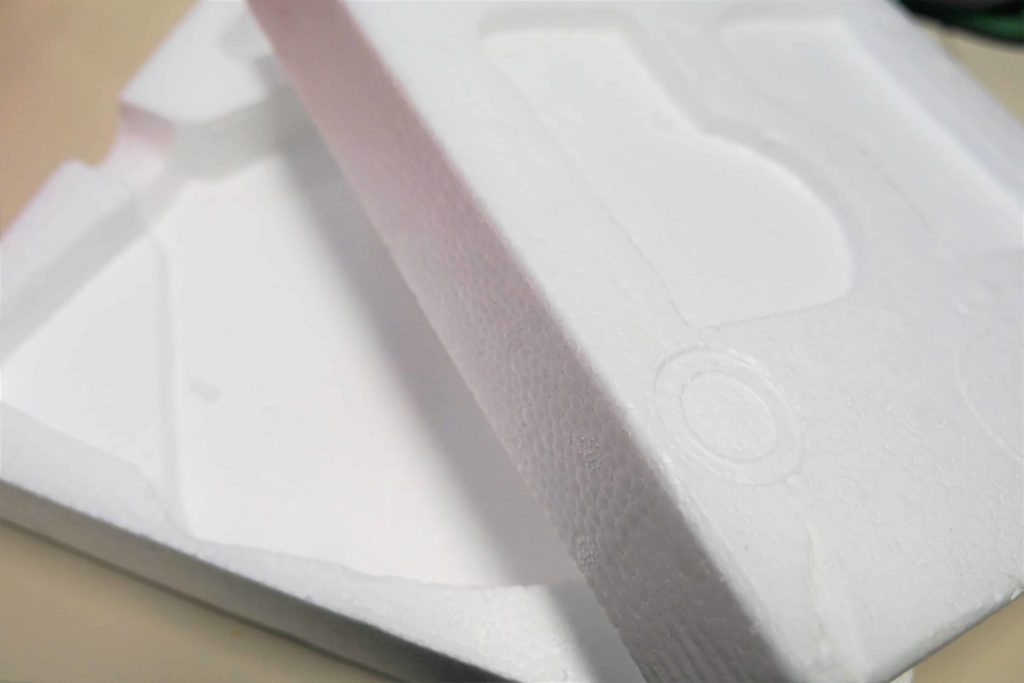
What is Styrofoam or Polystyrene foam?
Before we get into where and how to recycle Styrofoam, it may help to understand exactly what Styrofoam or expanded polystyrene is. Styrofoam is a highly versatile plastic used for everything from surfboards to electronics. Actual “Styrofoam” was created in 1941 by the Dow Chemical Company and is almost exclusively used in construction, for floating docks, and sometimes for floral arrangements, it is usually light blue and not white. The expanded polystyrene, referred to as EPS, most are familiar with is not actually Styrofoam at all. The polystyrene material we are most commonly familiar with is, of course, the Styrofoam used in packaging and foodservice. Foam polystyrene can be made up of up to 95% air and is perfect as a lightweight, protective packaging material. Technically, styrene is a petroleum by-product made from chemicals that may be carcinogenic. This is something to keep in mind when reheating takeout from your favorite restaurant.
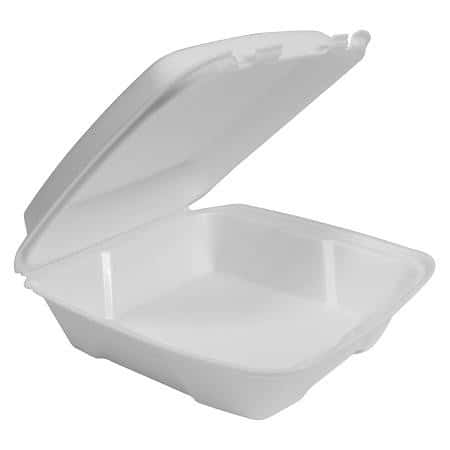
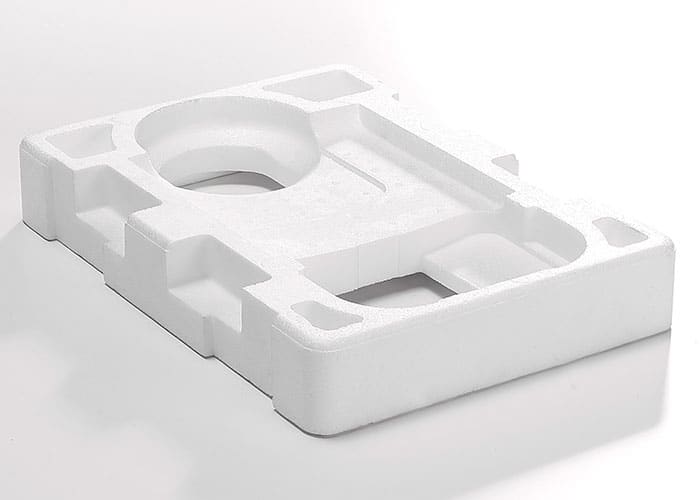
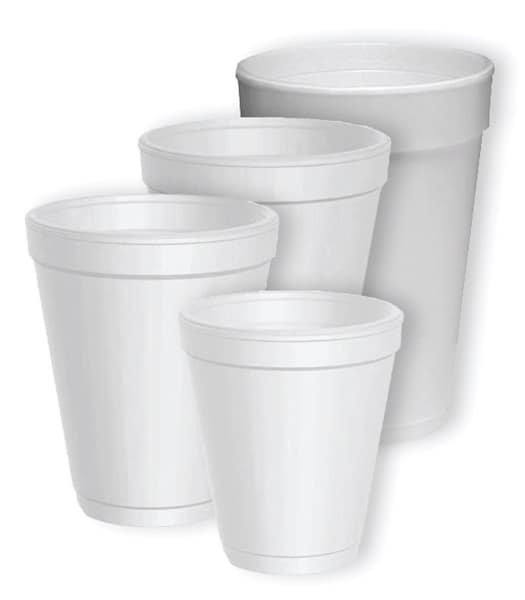
Where to Recycle Styrofoam
Although it is not commonly accepted even at recycling facilities, it is a good idea to check with your local recycling program and ask if polystyrene is accepted. Styrofoam that ends up in landfills does not break down at all. And although it only makes up roughly 2% of waste by weight, it takes up a whopping 30% in volume of overall solid waste, primarily due to its widespread use in product packaging. A quick phone call to your local recycling center or waste management company will allow you to quickly curb some of that waste if, in fact, they accept EPS. Since expanded polystyrene is also made up of carcinogenic chemicals keeping it out of our landfills whenever possible is of great importance.
Recycling Styrofoam Peanuts
One very common use of expanded polystyrene is in packing peanuts, and they are great for very lightweight, but sturdy packaging protection. This is one example where Styrofoam recycling may be a viable option. There are facilities that accept packing peanuts for recycling, but if this is not an option, another option is any local shipping store. Give one a call and see if they accept these foam peanuts. Once again these do not break down in landfills and are toxic, so if there is any way to reuse or recycle this should be the first option. If space allows, keeping them aside for future use in packaging or sending gifts through the mail is another great option. One more option is local schools or preschools often accept donations for use in art projects. Since current recycling rates for Styrofoam run at a dismal 10-12%, reusing or donating Styrofoam peanuts when possible seems like a great option.
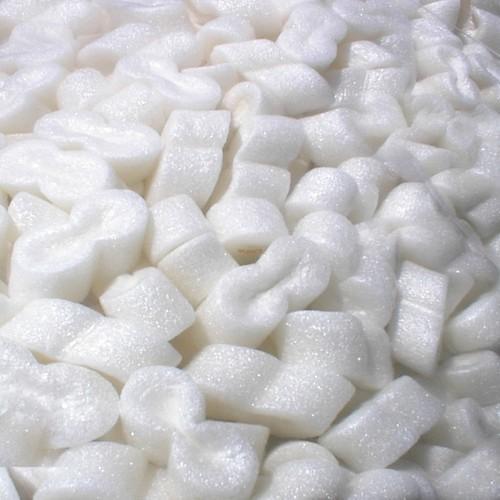
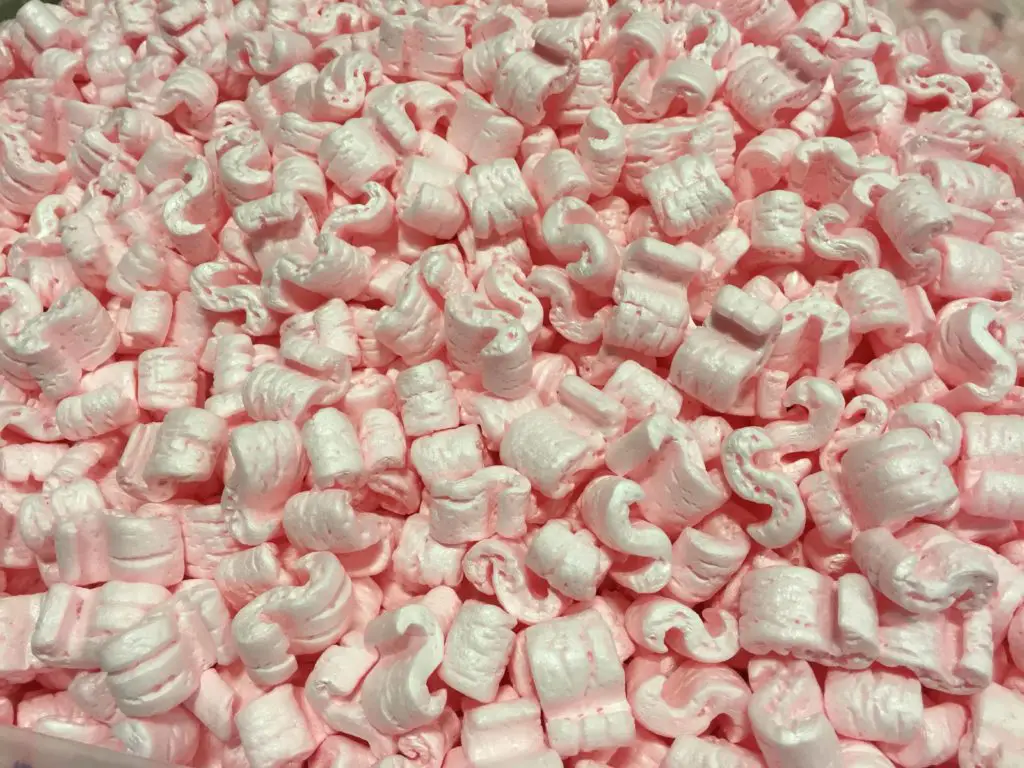
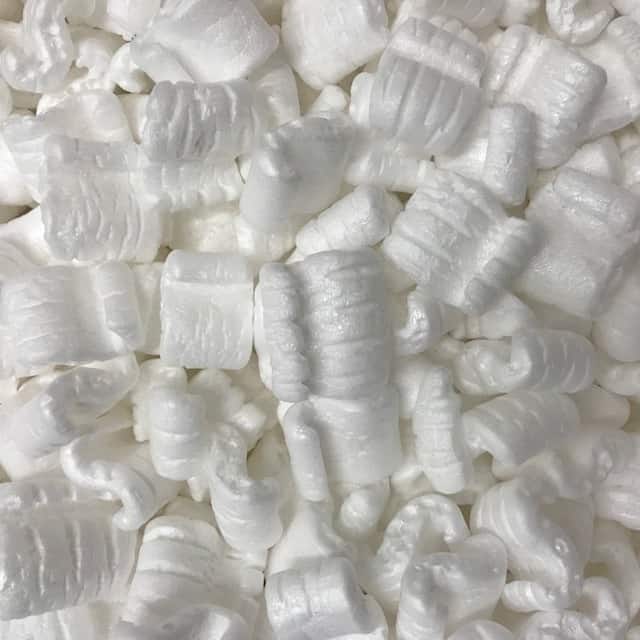
How Can I Reduce Styrofoam Usage?
Since Styrofoam is difficult or nearly impossible to recycle what if anything can the general public do to limit its use? There are several very easy simple changes we can make starting with your morning coffee.
- Skip the foam coffee cups and opt for bringing a reusable stainless steel, plastic, or ceramic coffee cup. There are endless styles and designs available with lids and insulation.
- Purchase paper plates and bowls instead of Styrofoam when in need of disposable dinnerware.
- Consider bringing along your own glass or plastic take-out containers for leftovers when eating out.
- Avoid foam egg cartons and choose paper or plastic ones instead, whenever possible.
- Think about your purchases, can you get your meat and seafood from the counter and wrapped in paper instead of the foam used in prepackaged choices?
All hope is not lost, however, as more and more places of business are making switches away from expanded polystyrene products and moving to recyclable and biodegradable alternatives, and more and more households are using reusable containers and cups. Even large corporations and companies are paying attention to the problems created by Styrofoam. The Sony Corporation of Japan has begun to use limonene an organic orange peel extract to first reduce the expanded foam to 1/20th of its volume and create a sticky, gooey substance that can be used as a sort of super glue. Breaking Styrofoam or polystyrene down in this matter is an environmentally friendly option for making use of EPS.
